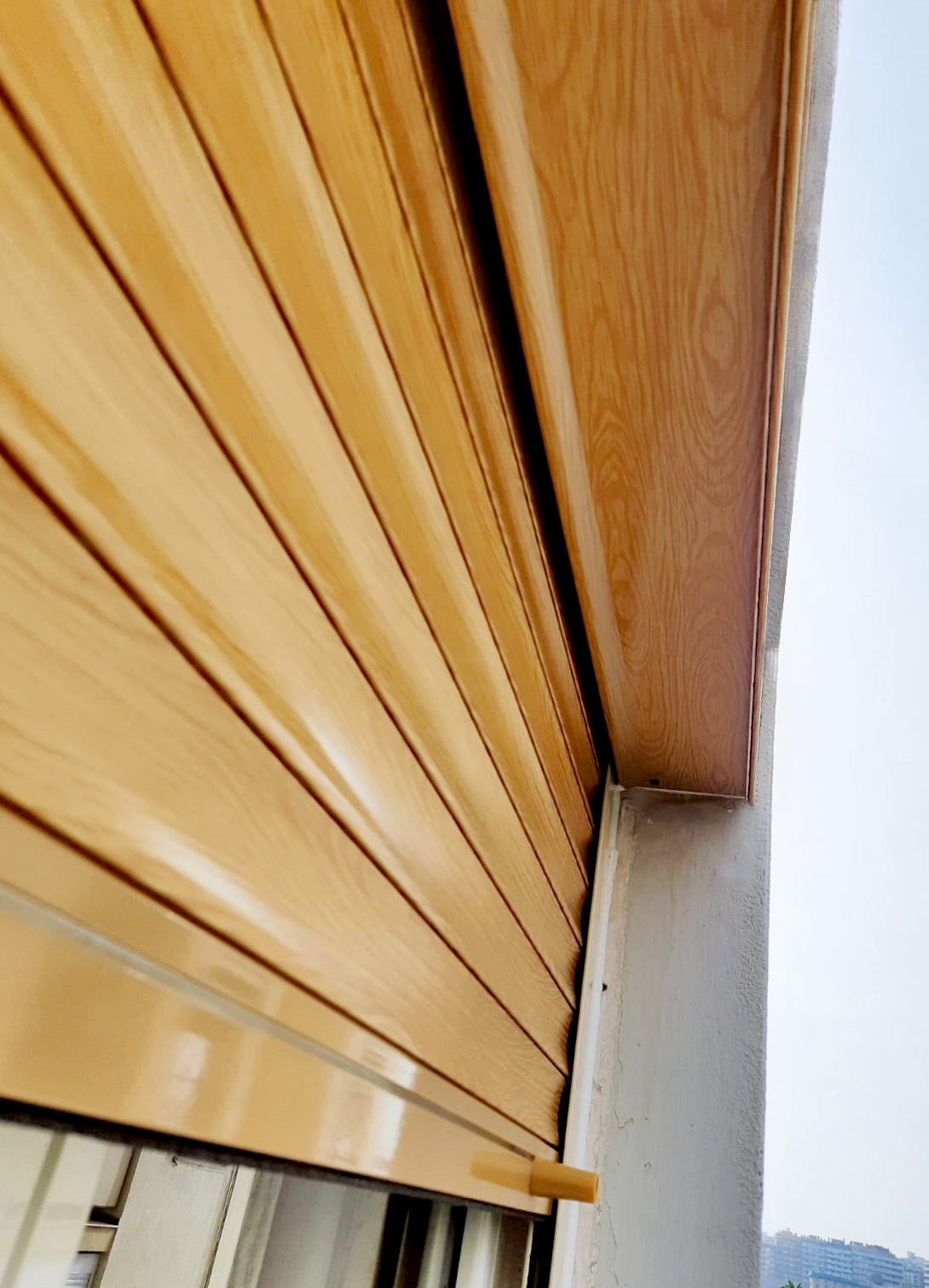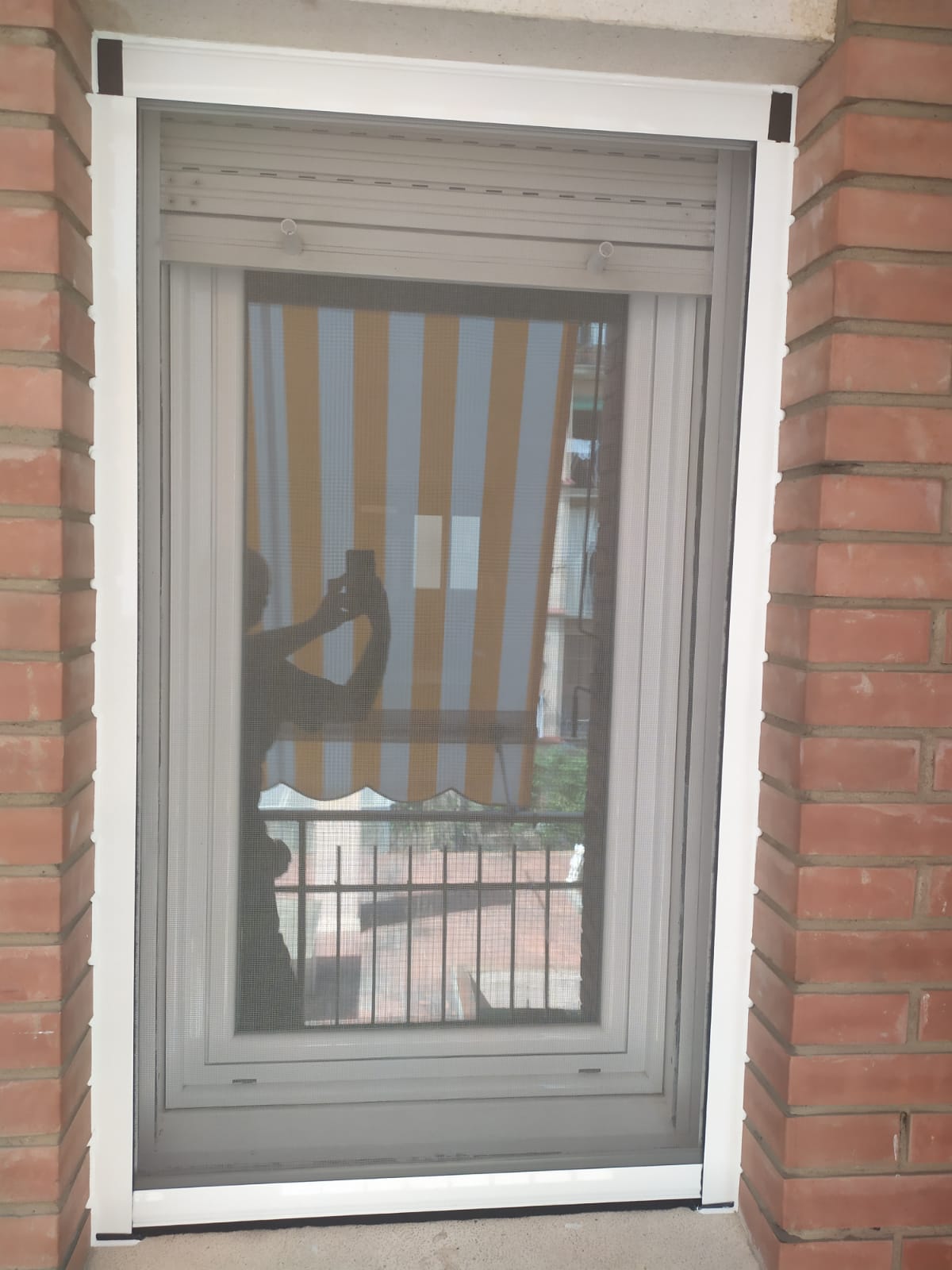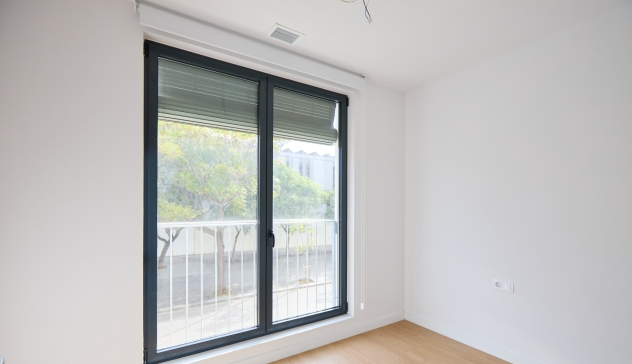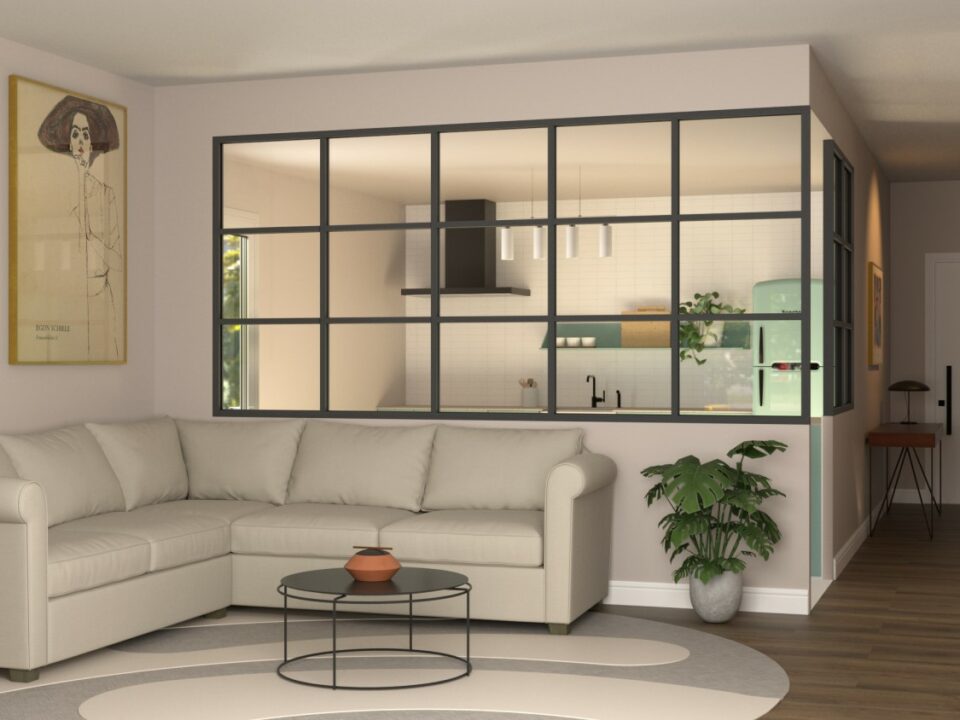
Wooden lacquered aluminium shutter
5 May, 2021
Installation of mosquito nets in Barcelona
9 May, 2021Discover the best tips for making significant savings on your electricity and gas bill.
Undoubtedly, the COVID-19 health crisis has had a major impact on the electricity consumption of all Spanish households, as most people have been confined to their homes to avoid the spread of infections. According to data provided by the OCU -Organisation of Consumers and Users-, electricity consumption in households increased by almost 30% during the period of confinement.
This is not surprising, as spending so much time at home means that the cost of electricity and gas is likely to rise considerably. To avoid having to deal with excessively expensive bills, it is best to practice some energy saving tips at home. In this way, household energy consumption can be significantly reduced.
However, saving energy not only has an impact on lower electricity bills, but also on the environmental impact of households. Therefore, we recommend that you follow the recommendations for saving energy at home, which we will discuss below.
Tips for reducing energy consumption in households
As mentioned above, the blackout period has resulted in a significant increase in Spanish households’ electricity and gas bills, so there is a growing need to try to reduce consumer spending on energy at home. But can you save energy at home and get results on your bills at the end of the month?
While it may seem like a daunting task, the reality is that you can save energy at home by following a few simple tips. Of course, the key to these tips is perseverance on the part of individuals, as they must be practised regularly to save on electricity and gas bills.
- Maintaining the boiler correctly
According to different studies, the best thing to do is to check the boiler at least every five years, as this is the only way to guarantee its correct functioning and efficiency. People who do not follow these guidelines often have problems with their boilers, which can end up creating a significant economic cost.
At the same time, regular boiler maintenance control is a very important task, but in the same way, people should also take care of radiator inspection. That is, before winter it is necessary to bleed them and check their condition, if it is necessary to remedy a fault.
| It is important that you are aware of the maintenance period for mandatory and periodic LPG installations, in order to avoid delays or cuts in supply due to not having all the necessary certificates or checks in place. |
- Set the thermostat to the appropriate degrees
Adjusting the temperature in the house is not easy, as it is quite difficult to reach an agreement with all the tenants in the house. To avoid problems in this respect, professionals recommend keeping the temperature in the house between 20 and 23 degrees Celsius during the winter season and between 22 and 25 degrees Celsius during the summer months.
- Ventilate with the heating off
Another tip that helps to reduce energy consumption has to do with ventilating the house, which should be done before turning on the heating. To completely renew the air in the rooms, it is only necessary to open the windows for about ten minutes in the morning.
- Choosing an efficient air conditioner
Nowadays, all household appliances come with an identification label showing the degree of energy efficiency, so before buying one it is very important to pay attention to this detail: the letter A, accompanied by “+” and the colour green are indicative of an energy-efficient appliance. According to experts, efficient devices with an A +++ indicator can generate energy savings of 40%.
- Avoid turning on the air conditioning or heating at night.
Finally, experts also advise switching off climate systems at night to save energy at home. This is a very simple trick that can reduce many hours of energy consumption. Moreover, in the case of air conditioning, it is not practical to sleep with it because it seriously damages health: it dries out mucous membranes, numbs joints, etc.






